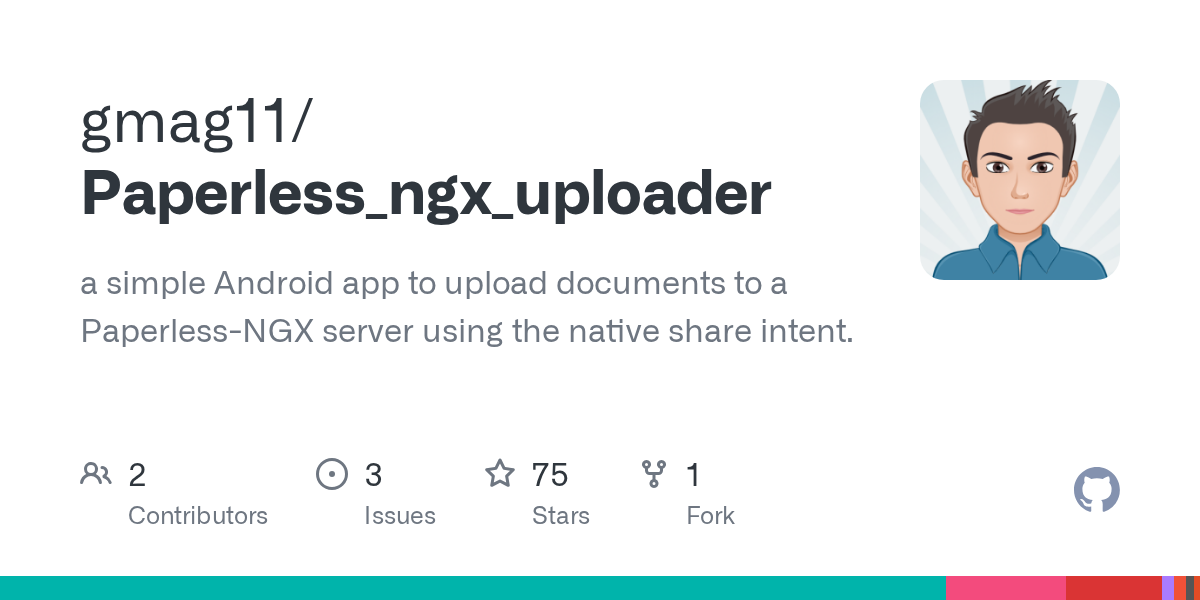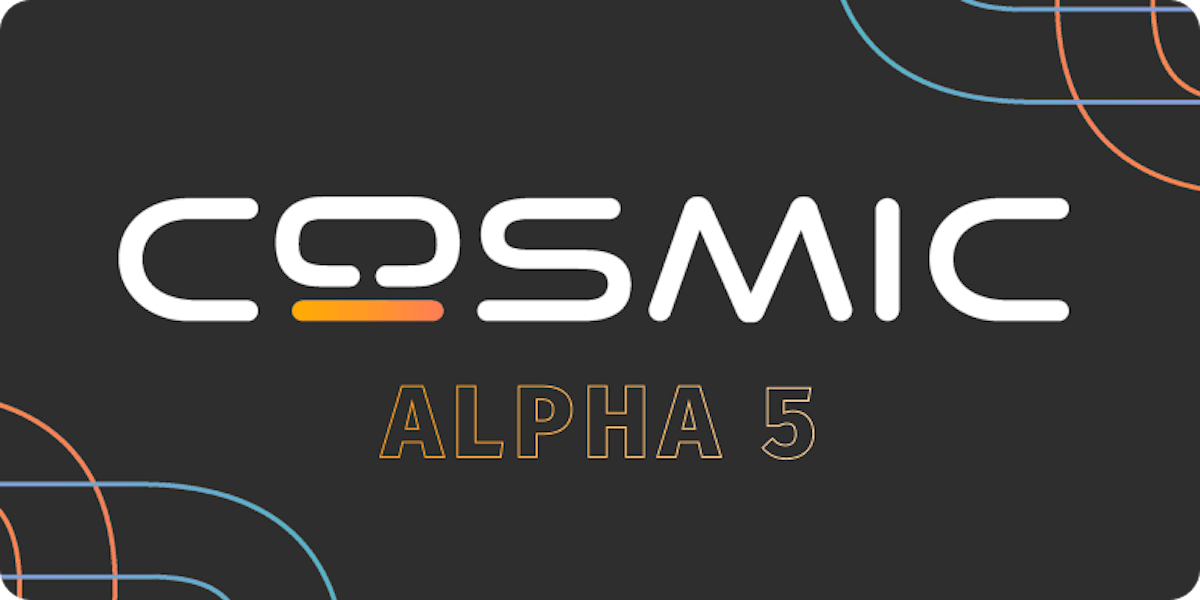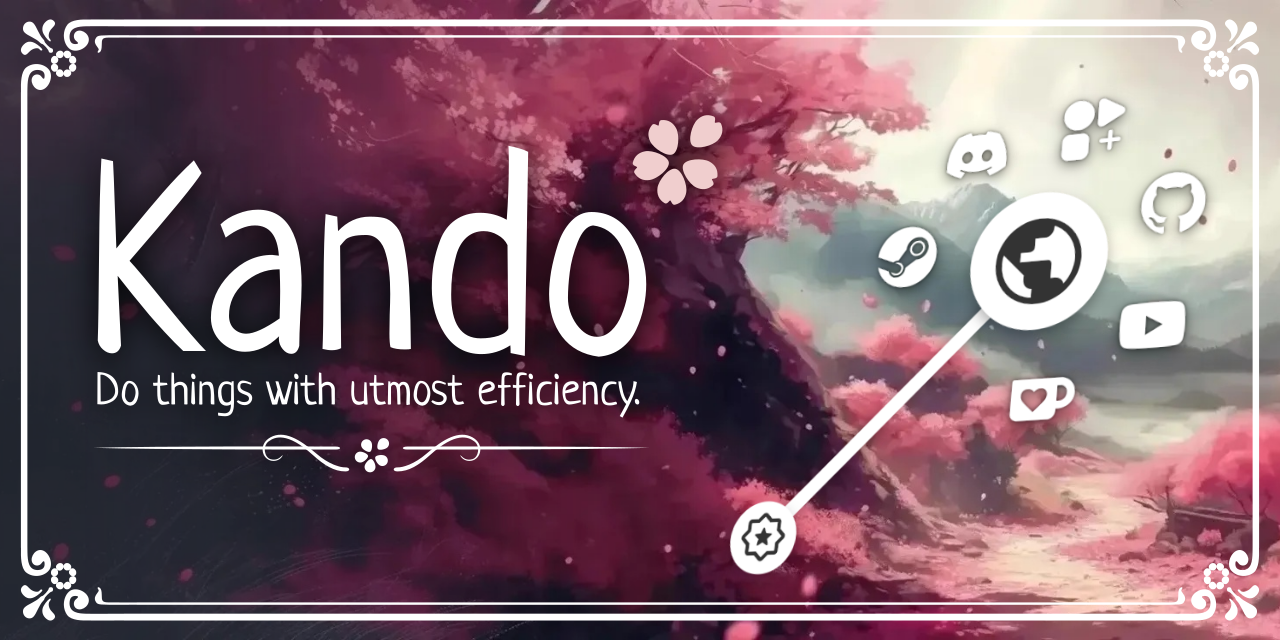I mistakingly wrote 6600, it’s similar to a lower clocked RX 7600. Though it’s performance is not that much different than the 6600. It’s a okay GPU. It’s a entry level GPU, i.e. the most inexpensive to get while still getting good value.
- 14 Posts
- 227 Comments
deleted by creator

 3·5 天前
3·5 天前Roku is really simple and locked down. There’s ads on one side but nothing else. My 80yo grandma uses it.
Otherwise Projectivy is an Android TV launcher that can be configured to be really stripped down. It takes a bit of time but if you do it right it’d show less options than even Roku (it’d show only the apps you select, no launcher settings etc).
As a box I’ve heard good things about Onn (Walmart) if your in the US. If not, Homatics is great but pricey. Kick Pi KP1 is more affordable (but still way more expensive than Onn).

 1·10 天前
1·10 天前Thanks for the clarification. Hopefully they will do that.

 3·11 天前
3·11 天前In their EU store, Fairphone already sells degoogled Fairphones with /e/OS next to their regular Fairphones with Google.
Is this what you mean with
from the factory
?
Or do you want them to get rid of the partnership with murena and do it themselves?

 8·11 天前
8·11 天前Fairphones allow for bootloader unlocking as well as relocking.
There’s nothing stopping you from installing a supported custom ROM.

 1·15 天前
1·15 天前In my experience Bluetooth is really bad because of its inconsistent latency. Even if the latency doesn’t appear to be much higher than with cable/2.4GHz dongle, it feels much worse (similar to WiFi Vs Ethernet).
It’s likely these issues are worse because my Bluetooth dongle isn’t great, but I avoid Bluetooth like the plague if I want to have a good experience.
Edit: Though I have to say that taking a break from something after trying for a while without improvement can actually result in rapid improvement. A part of it is mindset (calm, without expectations) but I do believe the break also helps the brain to learn/reinforce.

 631·15 天前
631·15 天前This. The blue line is the watched progress and the orange line is the transcoding progress.
Unless the media also uses HDR in which case the server will still be required to transcode.

 41·1 个月前
41·1 个月前They are not worth it. First party controllers are expensive for what they offer, given there’s better gamepads for less money.
Just buy an 8bitdo Ultimate 2C or another one of their controllers with the 2.4GHz dongle. The wireless dongle has less latency than wired xbox/PS5 controllers, not to mention Bluetooth.

 4·1 个月前
4·1 个月前YeetMouse includes substantial improvements like switching to fixed point math and having a GUI.

 61·1 个月前
61·1 个月前There’s some really bad mouse accelerations built into desktop OS. For example Windows’ mouse accel curve is an abomination and I really don’t know how they came up with it. Maybe they threw a dice. [1] Comparatively a curve like [2] is much more suitable for gaming, as it essentially allows for precise tracking, small flicks with constant sensitivity, while still allowing for rapid 180 degree turns. Especially quake-like arena shooter benefit from this as you can play long range and close range with the same settings (Quake is where this kind of mouse accel was first implemented).
[1]

[2]


 41·1 个月前
41·1 个月前With the right curve accel is not necessarily less consistent.
I’ve used linear acceleration, a limit of 2.0 and an for me suitable offset with the same consistency as without. This is because the acceleration is kicking in only after an acceleration threshold (offset) has been passed. So unless I really yank my arm, there’s no difference between having accel on and off.
The result is that normal aiming (tracking, small flicks) benefits of exactly the same muscle memory with and without accel on.You can think of it as having two sensitivities: one for tracking, and one for quick 180° turns. Because of the linear increase in sensitivity between the two sensitivities (one caused by the offset, the other one set by the limit), it feels quite natural and not like “traditional” mouse accel.

 9·1 个月前
9·1 个月前The following 1 minute video explains this kind of custom mouse acceleration quite well.
Ugreen NAS support other OS. You could put TrueNAS or Proxmox on there, so no, there’s no security concerns (beyond all computer hardware being partly manufactured there in some way).
It won’t save you from doing a bit of work but you could use podman. There’s systemd integration so you can still start/stop/enable your services with systemctl while using docker/container images. You won’t be able to use docker-compose directly, but it’s usually not that hard to replicate the logic with systemd (Immich was a PITA at first (because they had so many microservices split into multiple images, but it improved considerably over the first two years).
I do this with NixOS quite a bit, and I’ve yet to use docker compose (although the syntax is different, it’s still the same process).

 3·2 个月前
3·2 个月前Given OP mentioned torrent and watching media in the same sentence I assume they didn’t rip their own media, and pirated it instead.
If my assumption is wrong, I apologize.
Piracy and Morality
Whether they own a physical edition of that media I don’t know. In my opinion owning a physical medium of the media is a big part in the morality discussion of piracy.
But in my juriscition I’m legally not allowed to break the encryption used for CD/DVD/Blu-ray, so I’m technically pirating even if I rip my own discs. There’s obviously no way for copyright owners to find out if their discs were ripped for a private copy, but that’s also (nearly) the case for Usenet/Torrent with proper precautions.
Anyway, if you read until this point, thank you!

 1·2 个月前
1·2 个月前Especially anime often use the superior .ass subtitle format, which many devices don’t support. Sadly Crunchyroll is switching to .srt which has broader support, so it likely won’t require burning them in the video (transcoding), which is the only positive thing (still a shame imo).
https://www.reddit.com/r/anime/comments/1nuxuzs/crunchyroll_has_downgraded_their_subtitles

 33·2 个月前
33·2 个月前Given they use a N100, I’d suggest redownloading instead of transcoding for time, energy and quality savings (i.e cost).
















Most people won’t replace an internal battery. If the battery dies, they buy a new controller.
I’m not sure whether this is actually better for the environment than even if they were using non-rechargeables.